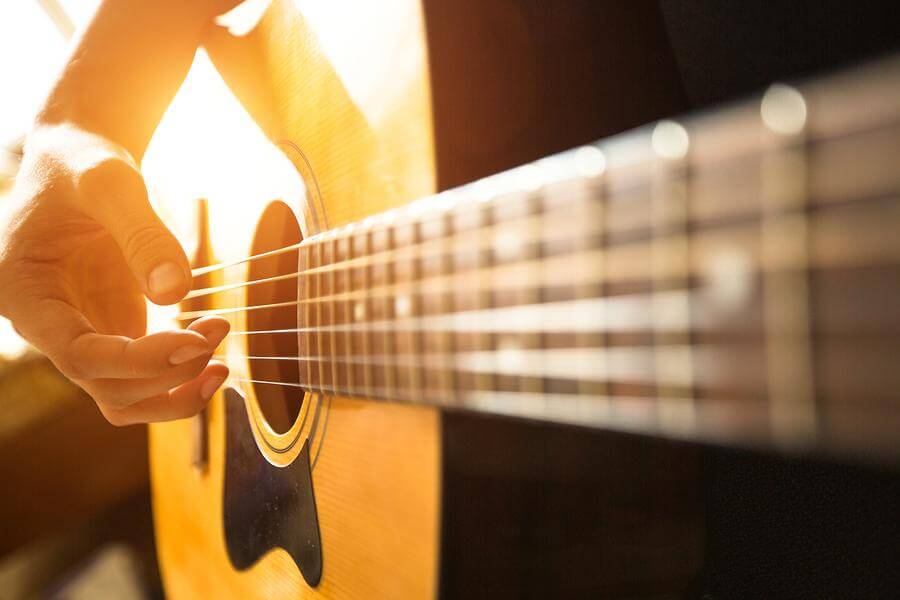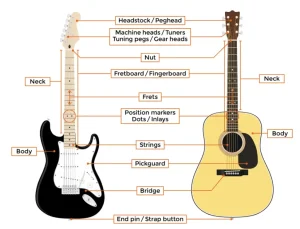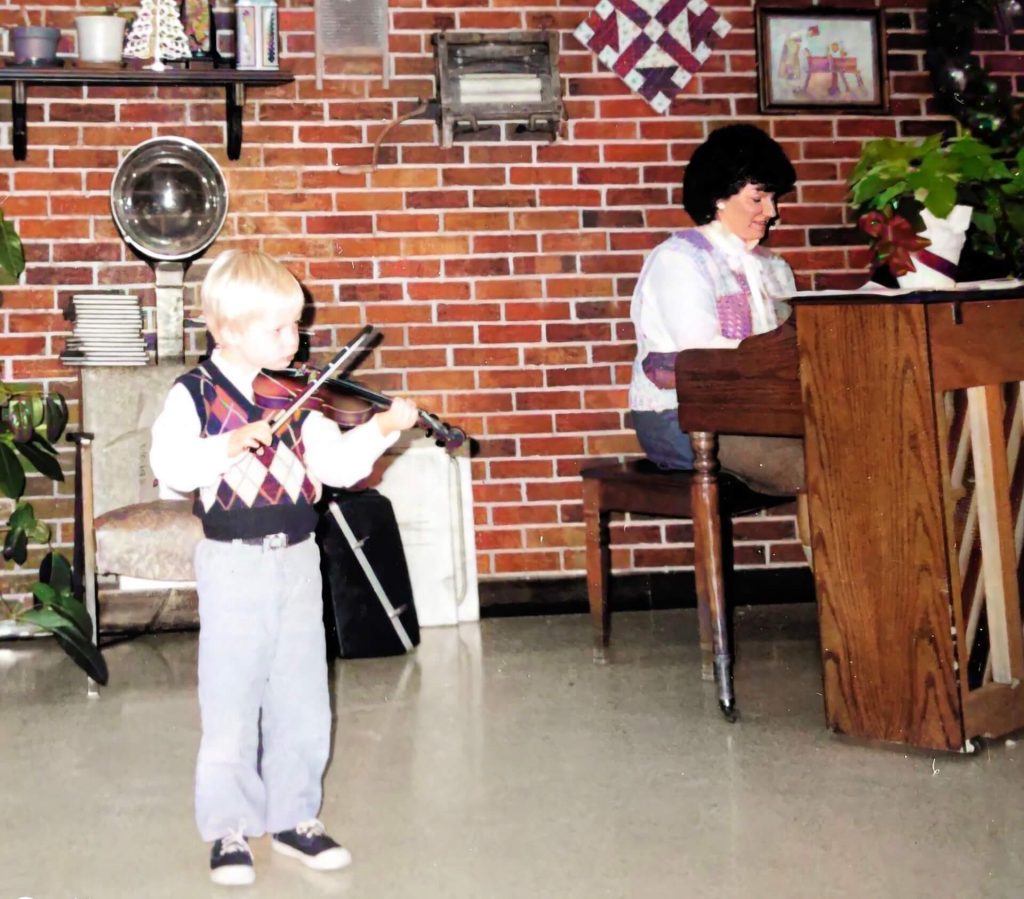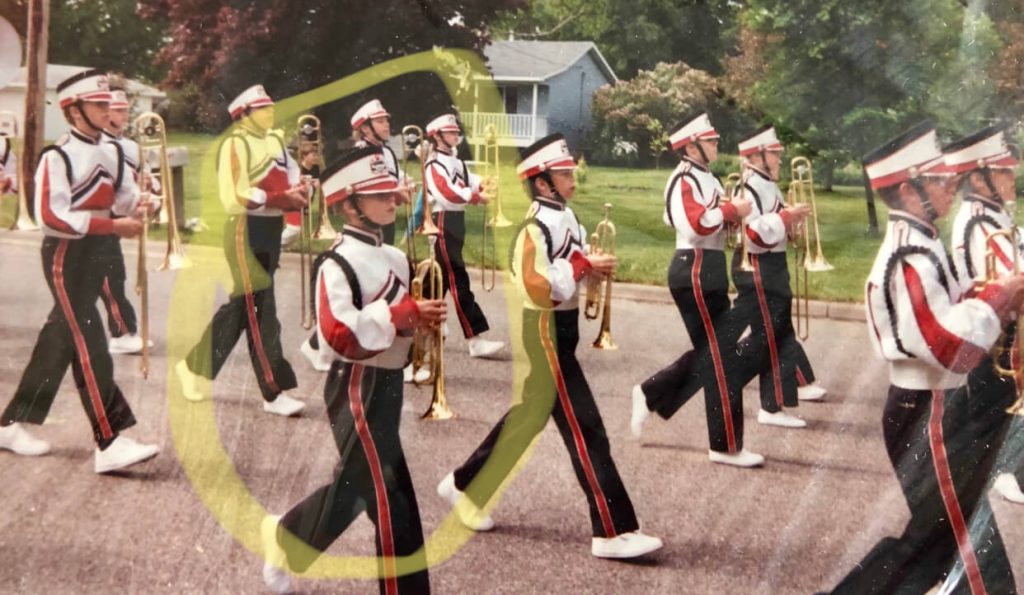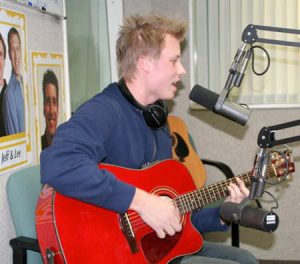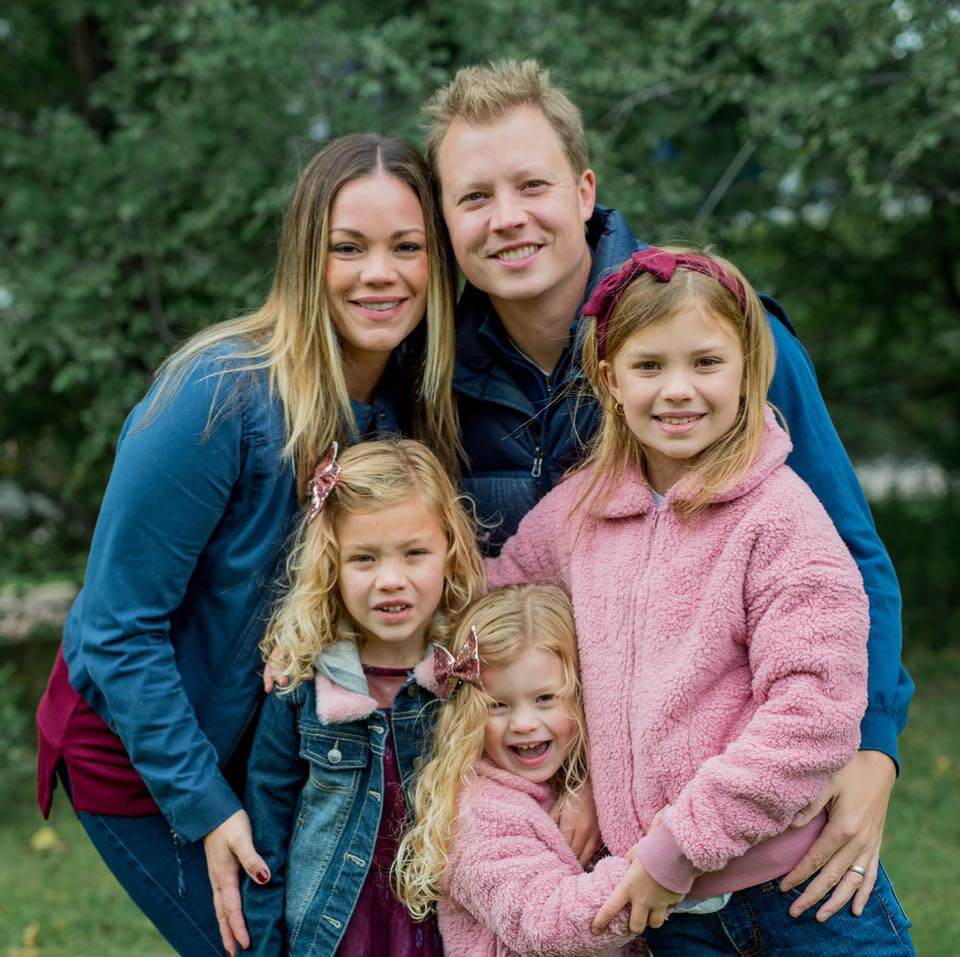

Learning to play the guitar well is a journey that can take a lifetime. While it’s true that some people seem to have a natural talent for the instrument, the reality is that even the most gifted players need to practice and develop their skills over time. Here are some tips for practicing the guitar and improving your playing ability:
- Set goals: Setting goals is an essential part of practicing the guitar. Whether your goal is to learn a particular song, improve your technique, or perform in front of an audience, having a specific objective in mind can help you stay motivated and focused.
- Develop a practice routine: To make consistent progress, it’s important to develop a regular practice routine. This might involve practicing for a set amount of time each day, or focusing on specific exercises or techniques that you want to improve. Be sure to incorporate a variety of different exercises and techniques into your routine, to keep things interesting and to work on all aspects of your playing.
- Focus on technique: Proper technique is essential for playing the guitar effectively and preventing injury. Be sure to focus on proper posture, hand position, and finger placement when playing. Take the time to learn proper fingerpicking technique, including rest stroke and free stroke, to ensure that you are getting the best sound from your instrument.
- Learn new material: Learning new material is a great way to keep your practice sessions interesting and to build your repertoire of songs. Start by learning easy songs and gradually work your way up to more challenging material. Be sure to focus on both rhythm and melody, to develop your skills in all areas of guitar playing.
- Use a metronome: A metronome is a great tool for developing your sense of timing and rhythm. Practice playing along with a metronome, starting at a slow tempo and gradually increasing the speed as you improve. This will help you develop a more precise and accurate sense of timing, which is essential for playing with other musicians or in front of an audience.
- Record and analyze your playing: Recording your playing and listening back to it is a great way to identify areas where you need to improve. Pay attention to your timing, intonation, and overall sound quality, and use this feedback to guide your practice sessions.
- Seek out feedback and guidance: Finally, don’t be afraid to seek out feedback and guidance from more experienced players or a qualified teacher. A good teacher can help you identify areas where you need to improve, provide guidance on technique and exercises, and help you develop a personalized practice routine that is tailored to your specific needs and goals.

By following these tips, and practicing regularly, you can develop the skills and knowledge you need to become a great guitar player. Remember that the key to success is consistency, patience, and a willingness to keep learning and growing over time.
Sources:
- Guitar Lesson World: “The Ultimate Guide to Guitar Practice”
- Guitar Tricks: “How to Practice Guitar: The Ultimate Guide for Guitarists”
- Guitar World: “10 Tips for Practicing Guitar”
- Guitar Player: “How to Practice Guitar: A Comprehensive Guide”
